In the realm of personal finance, securing the right car insurance policy is akin to navigating a labyrinth, fraught with complexities and hidden pitfalls. However, with the proper guidance, you can emerge victorious, armed with a policy that aligns perfectly with your unique needs and budget.
Join us as we embark on a comprehensive journey, unraveling the secrets to finding the ideal car insurance policy, ensuring peace of mind and financial protection on every journey you undertake.
As we delve into this intricate topic, we will explore the significance of understanding your driving habits, annual mileage, and risk tolerance in selecting a suitable policy. We will also shed light on the various types of coverage available, their benefits and limitations, and how they impact policy costs.
Additionally, we will equip you with strategies for comparing quotes from multiple insurers, maximizing discounts and benefits, and deciphering the fine print to avoid any unpleasant surprises.
Know Your Needs
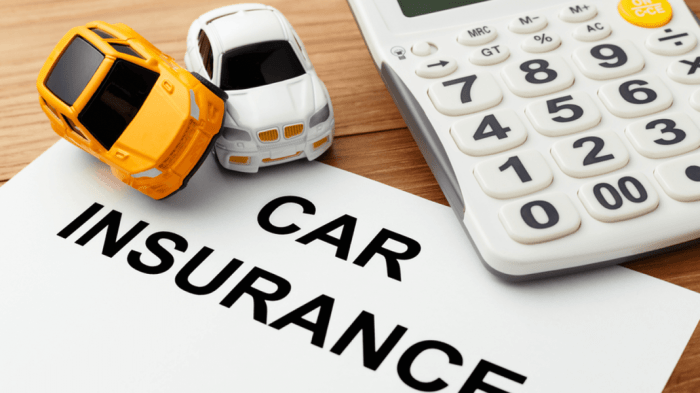
Understanding your specific requirements is crucial when selecting the right car insurance policy. Factors like driving habits, annual mileage, and risk tolerance significantly influence your insurance premiums and coverage options.
Driving Habits
Your driving habits play a vital role in determining your insurance rates. If you have a history of accidents or traffic violations, you may be considered a higher-risk driver and face higher premiums. Conversely, safe and responsible driving habits can lead to lower rates.
Annual Mileage
The number of miles you drive each year also affects your insurance costs. Drivers who cover more miles annually are exposed to greater risk and are more likely to file claims. As a result, they typically pay higher premiums compared to those who drive fewer miles.
Risk Tolerance
Your risk tolerance is another important consideration when choosing a car insurance policy. If you are comfortable assuming more financial responsibility in the event of an accident, you may opt for a policy with a higher deductible. This can result in lower premiums, but it also means you will pay more out-of-pocket expenses if you file a claim.
Research Different Types of Coverage
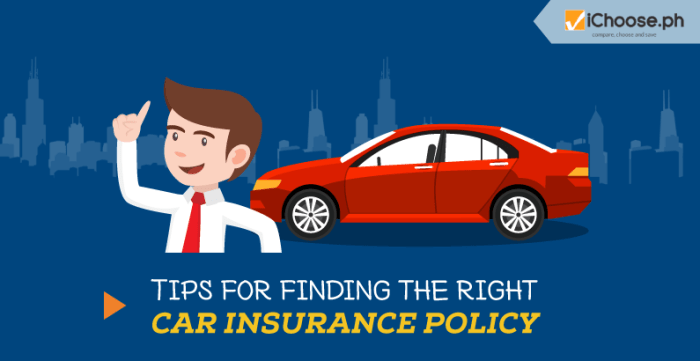
Before selecting a car insurance policy, understanding the various types of coverage available is crucial. Each coverage type offers unique benefits and limitations, impacting policy costs and overall protection.
Liability Coverage
Liability coverage is a legal requirement in most states, protecting you financially if you cause an accident resulting in property damage or bodily injury to others. It covers the cost of repairs or medical expenses up to the policy limits.
Liability coverage typically includes:
- Bodily Injury Liability: Covers medical expenses and lost wages for injured parties.
- Property Damage Liability: Covers the cost of repairing or replacing damaged property.
Collision Coverage
Collision coverage protects your vehicle in case of an accident, regardless of who is at fault. It covers the cost of repairing or replacing your car, minus the deductible. Collision coverage is optional, but it is highly recommended, especially if you have a newer or expensive vehicle.
Comprehensive Coverage
Comprehensive coverage protects your vehicle against non-collision-related damages, such as theft, vandalism, fire, hail, and animal collisions. It also covers glass damage and certain natural disasters. Comprehensive coverage is optional, but it is recommended if you live in an area prone to natural disasters or if you park your car in a high-risk area.
Uninsured/Underinsured Motorist Coverage
Uninsured/underinsured motorist coverage protects you if you are in an accident with a driver who does not have insurance or does not have enough insurance to cover your damages. This coverage is optional, but it is highly recommended, especially if you live in an area with a high number of uninsured drivers.
Personal Injury Protection (PIP)
Personal injury protection (PIP) coverage covers medical expenses and lost wages for you and your passengers, regardless of who is at fault in an accident. PIP coverage is required in some states and is optional in others. It is a good idea to have PIP coverage, especially if you do not have health insurance.
1. Gather Information
- Collect details about your vehicle, driving history, and coverage needs.
- Keep your driver’s license, vehicle registration, and insurance history handy.
- Select reputable and financially stable insurance companies.
- Consider companies with a good reputation for customer service and claims handling.
- Understand the different types of coverage available, such as liability, collision, comprehensive, and uninsured/underinsured motorist coverage.
- Compare the coverage limits and deductibles offered by different insurers.
- Use online quote comparison tools to quickly gather quotes from multiple insurers.
- Provide accurate information to ensure accurate quotes.
- Carefully review each quote, paying attention to the coverage limits, deductibles, and premiums.
- Compare the total cost of coverage, including any discounts or fees.
- Ask about discounts available, such as those for multiple vehicles, good driving records, or safety features.
- Some insurers offer discounts for bundling home and auto insurance.
- Review the policy terms and conditions to understand exclusions, limitations, and claim procedures.
- Ensure you understand the terms before making a decision.
- Choose the policy that offers the best combination of coverage, price, and customer service.
- Consider your budget and long-term insurance needs.
- If you need assistance or have specific questions, contact an insurance agent or broker.
- They can provide personalized advice and help you choose the right policy.
- 1
- Regularly review your policy and coverage limits to ensure they align with your changing needs.
- Consider shopping for quotes periodically to ensure you’re getting the best rates.
2. Choose the Right Insurers
3. Compare Coverage Options
4. Request Quotes Online
5. Review and Compare
6. Consider Discounts
7. Read the Fine Print
8. Make an Informed Decision
9. Contact an Agent
0. Monitor Your Policy
Consider Discounts and Benefits
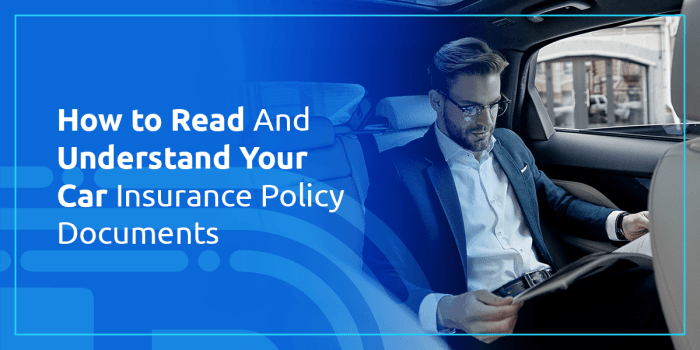
Insurance companies offer a range of discounts and benefits to attract and retain customers. These incentives can lower your insurance premiums and provide additional value.
Discounts
Many insurance companies offer discounts for various factors, including:
- Multi-car discount: If you insure multiple vehicles with the same company, you may be eligible for a discount.
- Good driver discount: If you have a clean driving record, you may be eligible for a discount.
- Loyalty discount: If you stay with the same insurance company for a certain period of time, you may be eligible for a discount.
- Anti-theft device discount: If your car is equipped with an anti-theft device, you may be eligible for a discount.
- Usage-based insurance discount: If you participate in a usage-based insurance program, you may be eligible for a discount based on your driving habits.
Benefits
In addition to discounts, insurance companies may also offer a variety of benefits, such as:
- 24/7 roadside assistance: This benefit can provide you with peace of mind knowing that you will have help if you experience a breakdown.
- Accident forgiveness: This benefit can protect your insurance rates from increasing after your first accident.
- Rental car reimbursement: This benefit can help you cover the cost of a rental car if your car is damaged or stolen.
- Towing and labor coverage: This benefit can help you cover the cost of towing and labor if your car breaks down.
- Gap insurance: This benefit can help you cover the difference between the value of your car and the amount you owe on your loan if your car is totaled.
By taking advantage of discounts and benefits, you can lower your insurance premiums and get more value for your money.
Read the Fine Print
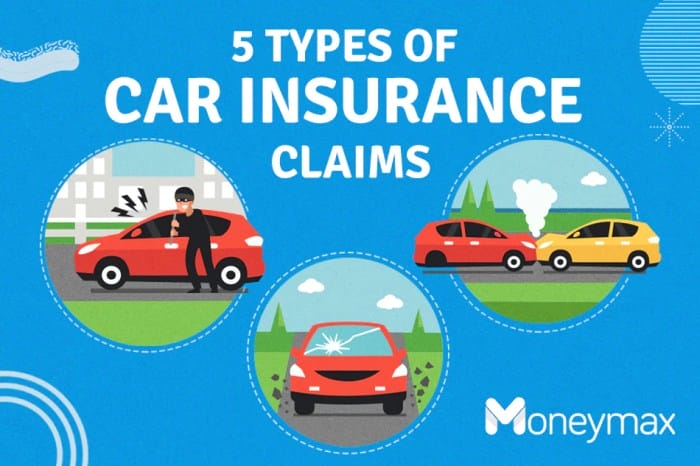
Purchasing car insurance is an essential step in ensuring financial protection against potential accidents and damages. However, it’s crucial to not just rely on the policy’s summary or sales pitch. Taking the time to thoroughly read and comprehend the terms and conditions of the insurance policy is of utmost importance.
By carefully examining the fine print, you can avoid surprises and ensure that the policy aligns with your needs and expectations. Here are some key provisions, exclusions, and limitations to pay close attention to:
Policy Coverage
- Covered Perils: Understand what events or incidents are covered under the policy, such as collision, theft, vandalism, and natural disasters.
- Coverage Limits: Be aware of the maximum amount the insurance company will pay for damages or losses.
- Deductible: This is the amount you are responsible for paying before the insurance coverage kicks in.
Exclusions and Limitations
- Excluded Events: Identify any specific events or situations that are not covered by the policy, such as racing, driving under the influence, or operating a vehicle for commercial purposes.
- Limitations on Coverage: Be aware of any restrictions or limitations on coverage, such as limits on the number of claims you can make per year or the amount of time you have to file a claim.
Endorsements and Riders
- Optional Coverages: Review any optional coverages or riders that can be added to the policy, such as rental car reimbursement, roadside assistance, or gap insurance.
- Endorsements: Look for any endorsements that modify or extend the coverage provided by the policy.
Consider Your Deductible
A deductible is the amount you pay out of pocket before your insurance coverage kicks in. It’s important to select a deductible that balances your financial situation and risk tolerance. A higher deductible typically results in lower insurance premiums, but it also means you’ll have to pay more out of pocket if you file a claim.
Factors to Consider When Choosing a Deductible
- Your financial situation: If you have a tight budget, a higher deductible may be a good option. However, if you have the financial means to cover a higher deductible, you may want to opt for a lower deductible to reduce your out-of-pocket expenses in case of a claim.
- Your risk tolerance: If you’re a safe driver with a good driving record, you may be more comfortable with a higher deductible. However, if you’re a more risky driver, you may want to opt for a lower deductible to protect yourself from potential out-of-pocket expenses.
- The cost of your car: If you have an expensive car, you may want to opt for a lower deductible to protect your investment. However, if you have an older or less expensive car, you may be able to save money by choosing a higher deductible.
Ultimately, the best way to determine the right deductible for you is to talk to your insurance agent. They can help you assess your individual needs and risks and recommend a deductible that’s right for you.
Check Your Credit Score
Your credit score plays a significant role in determining your car insurance rates. Insurance companies use credit-based insurance scores, which are derived from your credit history, to assess your level of risk as a driver. A higher credit score generally indicates a lower risk profile, which can lead to lower insurance premiums.
Improving Your Credit Score
If you have a low credit score, there are steps you can take to improve it over time. Here are some tips:
- Pay your bills on time, every time. Payment history is a major factor in determining your credit score.
- Keep your credit utilization low. This means not using more than 30% of your available credit.
- Get a credit builder loan. This type of loan is designed to help you build credit by making regular payments over time.
- Become an authorized user on someone else’s credit card. This can help you build credit without having to take out a loan.
By following these tips, you can improve your credit score over time and potentially reduce your car insurance costs.
Consider Usage-Based Insurance
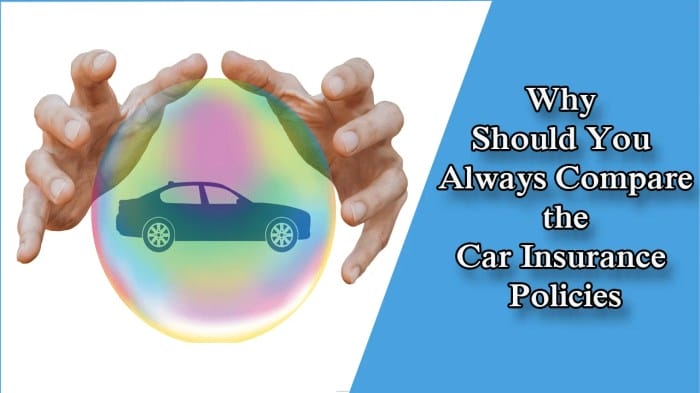
Usage-based insurance (UBI) is an innovative approach to car insurance that offers drivers the potential to save money on their premiums by tracking their driving behavior and rewarding safe and responsible driving habits.
There are different types of UBI programs, but they typically involve installing a device in your car that collects data on your driving, such as the number of miles you drive, the time of day you drive, and how hard you brake or accelerate.
This data is then used to determine your insurance rate.
Types of UBI Programs
There are two main types of UBI programs:
- Pay-as-you-drive (PAYD) programs: These programs charge you a base rate plus a per-mile fee. The more you drive, the more you pay.
- Pay-how-you-drive (PHYD) programs: These programs charge you a base rate plus a variable rate based on your driving behavior. The safer you drive, the lower your rate will be.
Review Your Policy Regularly

Your car insurance policy should not be a one-and-done purchase. It’s essential to review it annually or whenever your circumstances change to ensure it still meets your needs and provides adequate coverage.
Regular reviews allow you to identify changes that may affect your coverage needs, such as changes in your driving habits, vehicle usage, or financial situation. By staying up-to-date with your policy, you can make necessary adjustments to ensure you have the right coverage at the right price.
Check for Changes in Coverage Needs
- Changes in Driving Habits: If you start driving more or less frequently, or if you change your commute or driving patterns, your coverage needs may change.
- Vehicle Usage: If you start using your car for business or commercial purposes, or if you add a new vehicle to your household, you may need to adjust your policy.
- Financial Situation: If your financial situation changes, you may need to adjust your coverage limits or deductibles to align with your budget.
Adjust Your Policy Accordingly
- Contact Your Insurance Company: Reach out to your insurance company to discuss any changes in your circumstances and how they may affect your coverage. They can help you make the necessary adjustments to your policy.
- Consider Additional Coverage: As your needs change, you may want to consider adding additional coverage options, such as roadside assistance, rental car reimbursement, or gap insurance.
- Shop Around for Quotes: It’s a good idea to shop around for quotes from different insurance companies every few years to ensure you’re getting the best rate for your coverage.
Consult an Insurance Agent
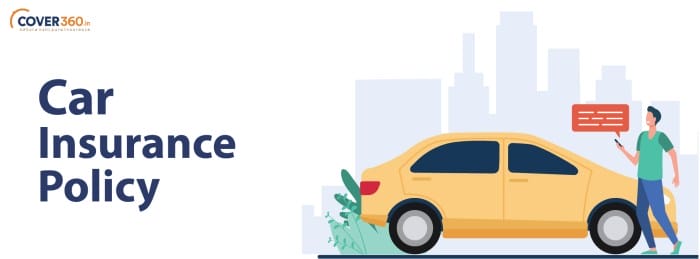
Professional insurance agents can help you navigate the complex world of car insurance policies and find the coverage that best suits your needs. Their expertise can save you time, money, and hassle.
Benefits of Working with an Insurance Agent
- Personalized advice: An insurance agent can assess your individual needs and circumstances to recommend the right policy for you. They can explain the different coverage options and help you understand what each one covers.
- Comparison of quotes: Insurance agents can compare quotes from multiple insurance companies to find the best rates. They can also help you understand the differences between the policies and make an informed decision.
- Assistance with claims: If you need to file a claim, an insurance agent can help you through the process. They can explain the steps involved, help you gather the necessary documentation, and advocate for your interests with the insurance company.
Final Conclusion
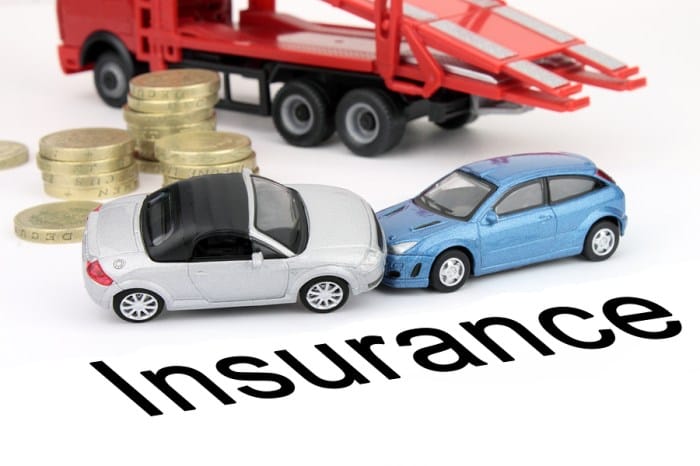
As we reach the culmination of our exploration, remember that finding the right car insurance policy is not a one-size-fits-all endeavor. Your policy should be as unique as your driving habits and financial circumstances. Embrace the opportunity to review your policy regularly, ensuring it continues to align with your evolving needs.
Consider seeking the assistance of an insurance agent, whose expertise can prove invaluable in navigating the complexities of the insurance landscape. With the knowledge and strategies gained from this comprehensive guide, you now possess the power to make informed decisions, ensuring you are adequately protected on every journey, both near and far.
FAQ Corner
Q: How can I lower my car insurance premiums?
A: There are several ways to potentially lower your car insurance premiums, such as maintaining a good driving record, opting for a higher deductible, bundling your policies, and taking advantage of discounts offered by insurance companies.
Q: What is the significance of my credit score in determining my car insurance rates?
A: In many states, insurance companies consider your credit score as a factor in determining your car insurance rates. A higher credit score is generally associated with lower insurance premiums, as it indicates a lower risk of filing a claim.
Q: What is usage-based insurance (UBI), and how can it save me money?
A: Usage-based insurance (UBI) is a type of car insurance that tracks your driving behavior, such as mileage, speed, and braking habits, to determine your insurance rates. By demonstrating safe driving habits, you can potentially earn lower premiums under a UBI program.
Q: Why is it important to review my car insurance policy regularly?
A: Reviewing your car insurance policy regularly is essential to ensure that it continues to meet your changing needs and circumstances. Factors such as life events, changes in driving habits, and the addition or removal of vehicles may necessitate adjustments to your policy.



